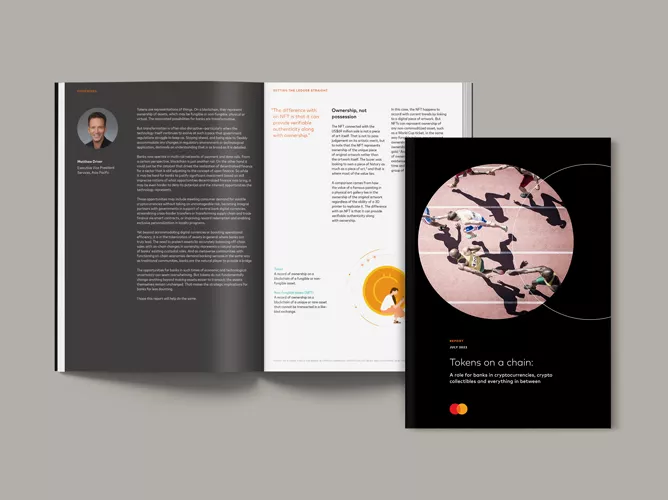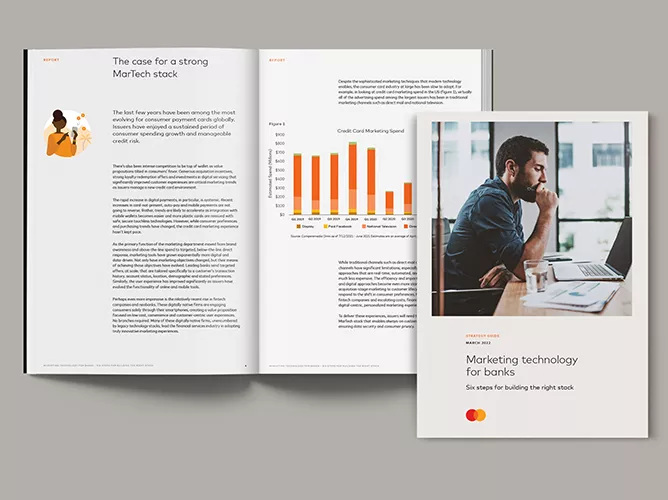By Tancho Fingarov, Senior Principal of Business Development
From smart contract and oracle to metaverse and web 3.0, the crypto and blockchain space can be a confusing hodgepodge of unfamiliar and poorly defined terms.
Here we provide a glossary of key terms to help people navigate this evolving space. We keep the definitions succinct—although each term really merits its own dedicated article.
For more context around the terms, please read our reports Tokens on a chain: A role for banks in cryptocurrencies, crypto collectibles and everything in between and A new set of building blocks: Blockchain in retail.
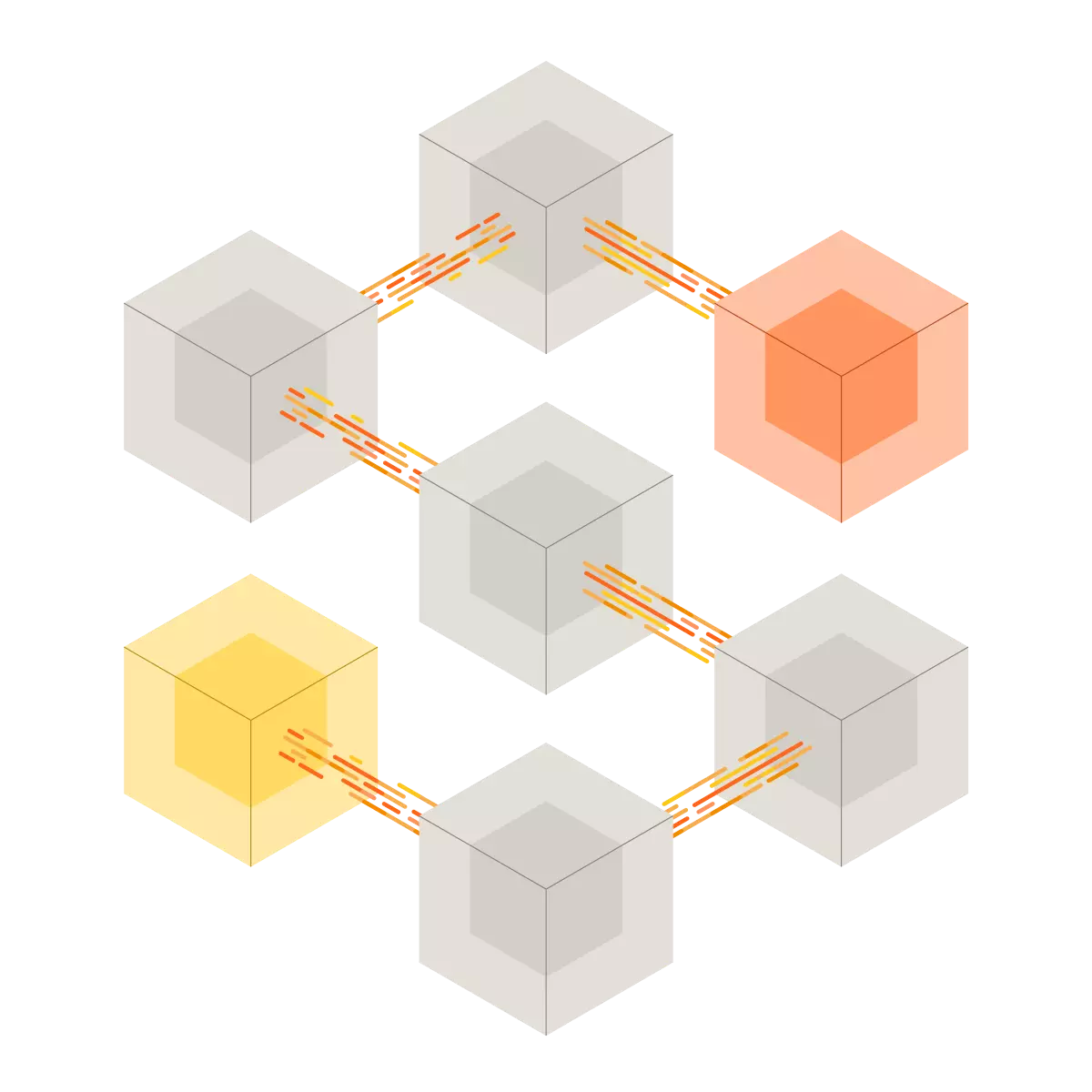
Blockchain
Blockchain layers
- Layer 1: a basic infrastructure layer.
- Layer 2: a performance enhancing layer for off-chain transaction consolidation or parallel processing on side chains.
- Layer 3: an application layer for decentralized apps (DApps).
Blockchain types
- Permissionless: a blockchain open to the public.
- Private: a closed blockchain network that only allows known devices to operate.
- Permissioned: a blockchain available to users that meet the criteria determined by a central authority; it may operate as a public or a private network.
Central bank digital currency (CBDC)
A digital currency issued and backed by a central bank that runs on a centrally permissioned blockchain as an alternative to cash.
Cryptocurrency
A cryptographically secured digital currency that is transacted as tokens on a blockchain.
Cryptocurrency wallet
A storage device for a private key—which allows access to cryptocurrency holdings and the signing of transactions—that is linked to a public key, which functions as an account number.
Decentralized app (DApp)
An application. that runs on the application layer of a blockchain.
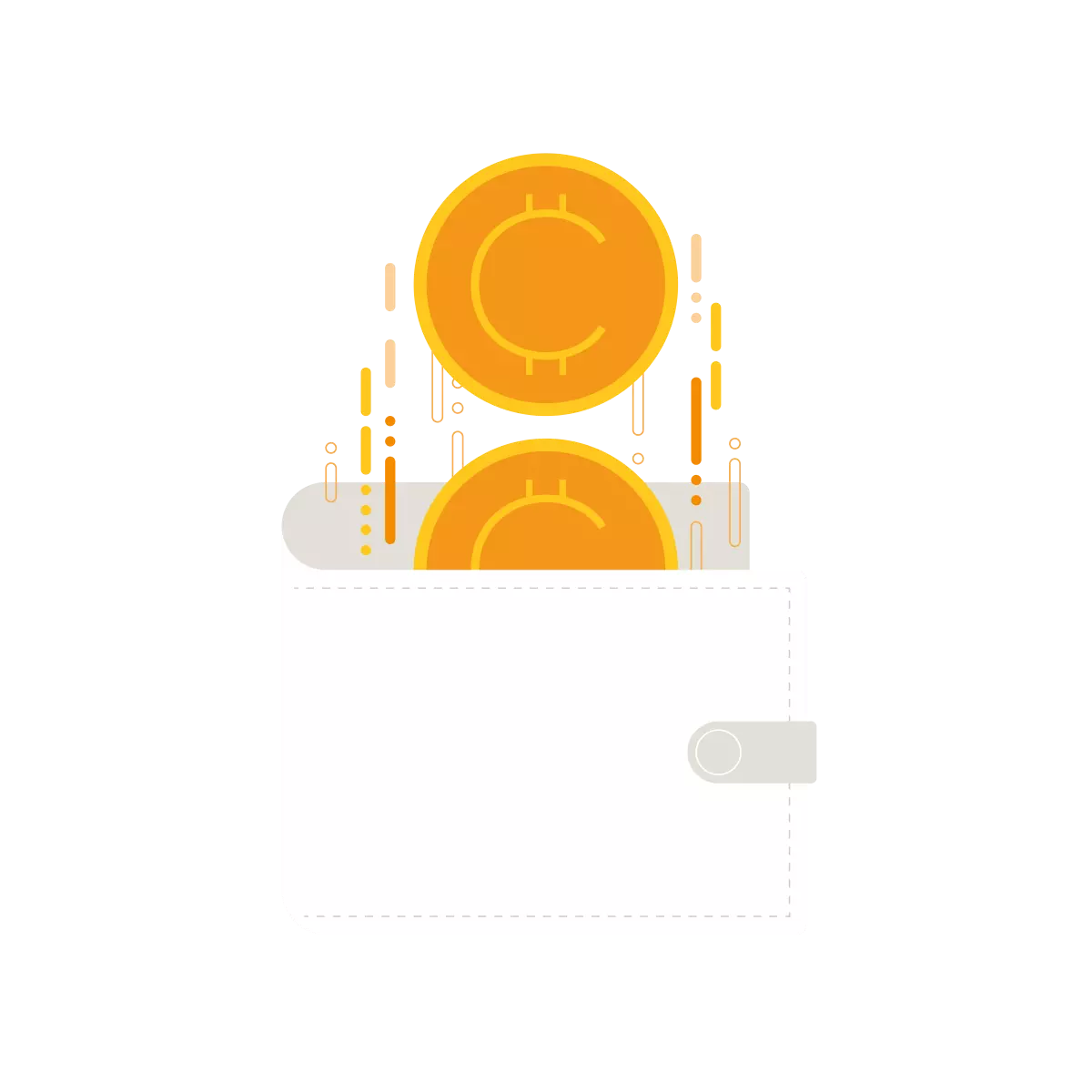
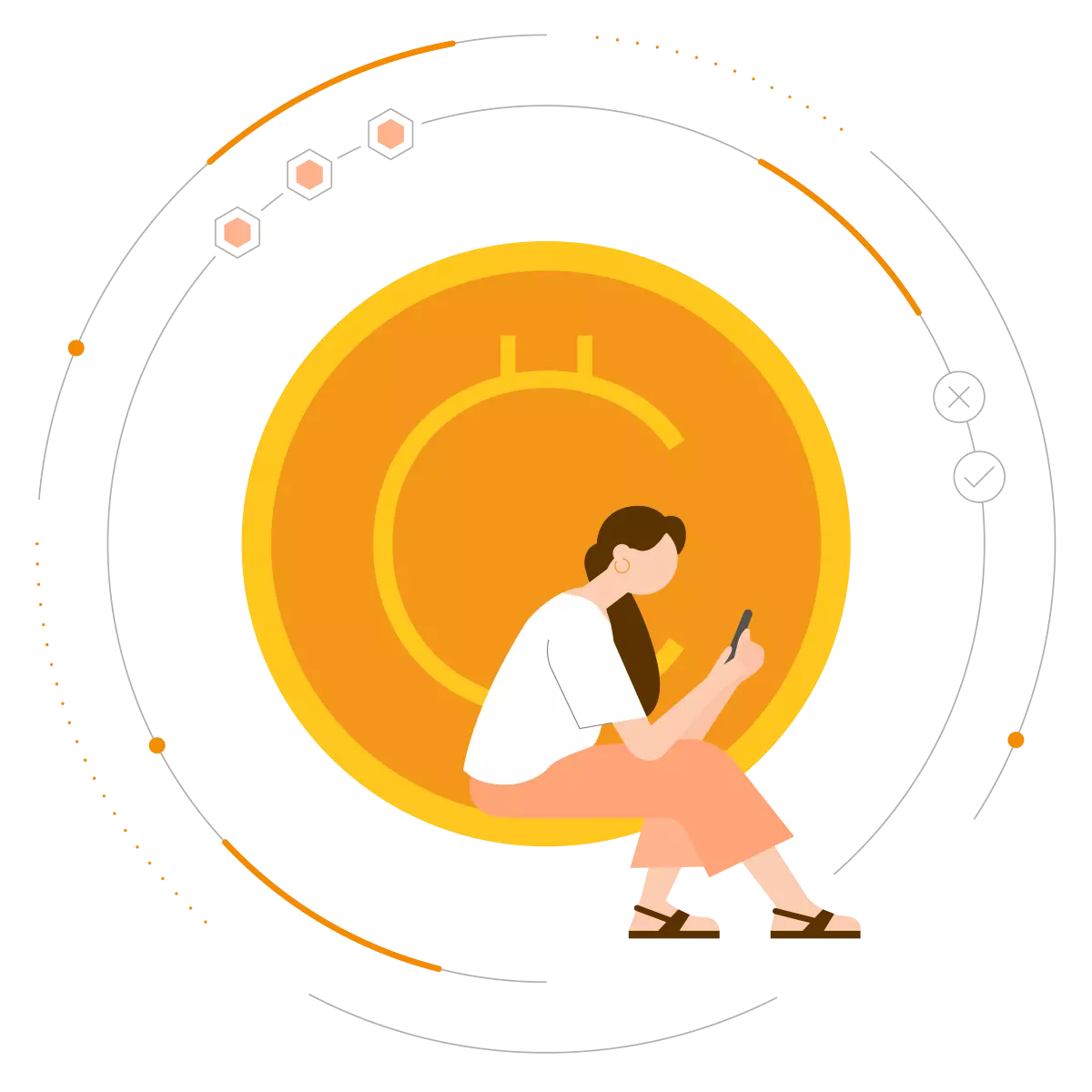
Decentralized autonomous organization (DAO)
A form of cooperative where voting rights on communal investments are tied to specific kinds of utility tokens known as governance tokens.
Decentralized exchange (DEX)
A cryptocurrency exchange that allows anonymous trading by making markets automatically through liquidity pools of invested assets and then accepting trades via smart contracts.
Decentralized finance (DeFi)
A blockchain-based financial system that does not rely on intermediaries to maintain trust.
Decentralized oracle network (DON)
A network of oracles that prevents one centralized oracle from dominating the outcome of a smart contract.
Metaverse
An interactive online environment with an inbuilt on-chain economy.
Non-fungible token (NFT)
A record of ownership on a blockchain of a unique or rare asset that cannot be transacted in a like-kind exchange.
Oracle
An interface that provides dynamic off-chain inputs, such as financial market data or supply chain events, to on-chain smart contracts.
Smart contract
A fixed piece of code in the application layer of a blockchain that self-executes an agreement between parties when certain events happen, such as the initial creation of a token or its transfer to a new owner.
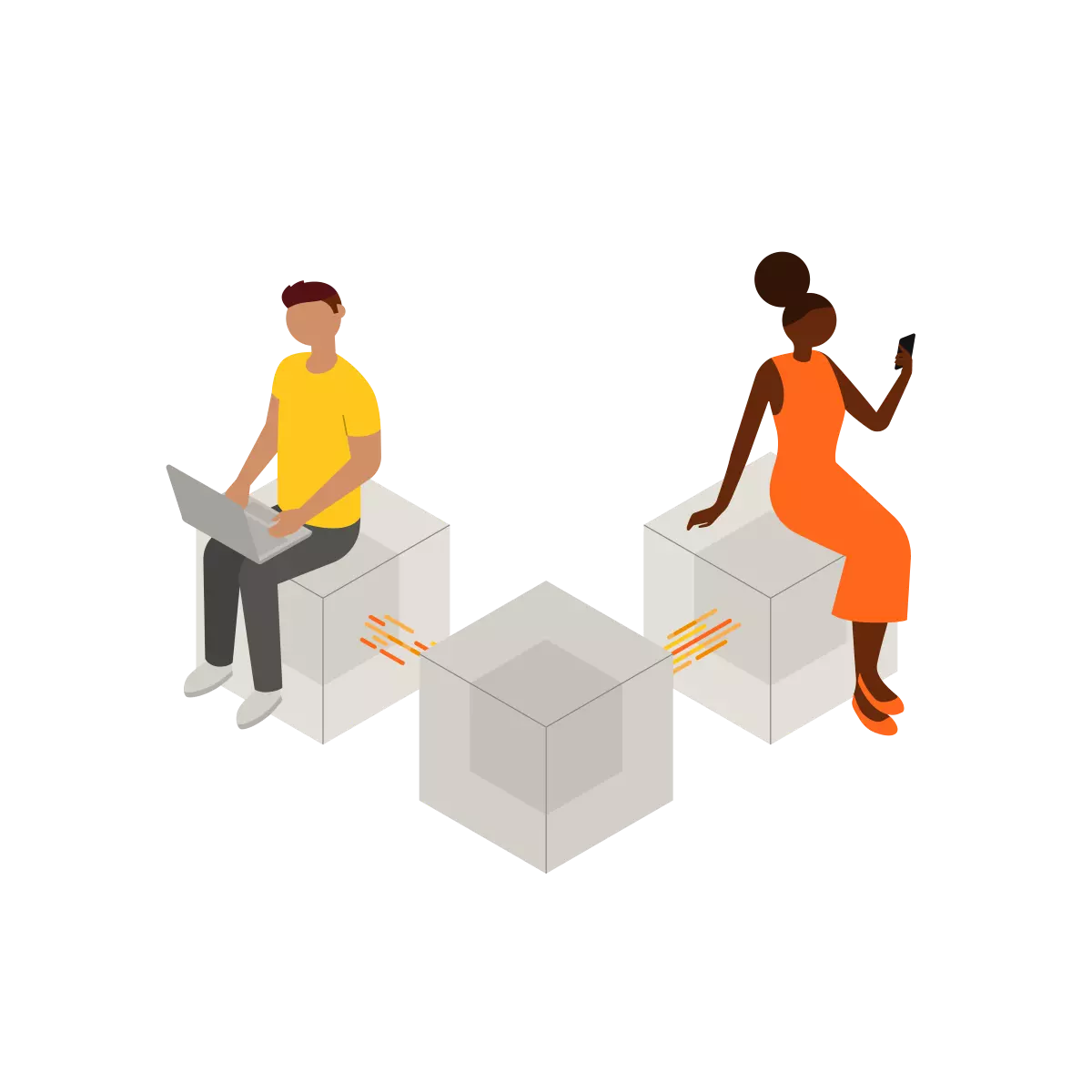
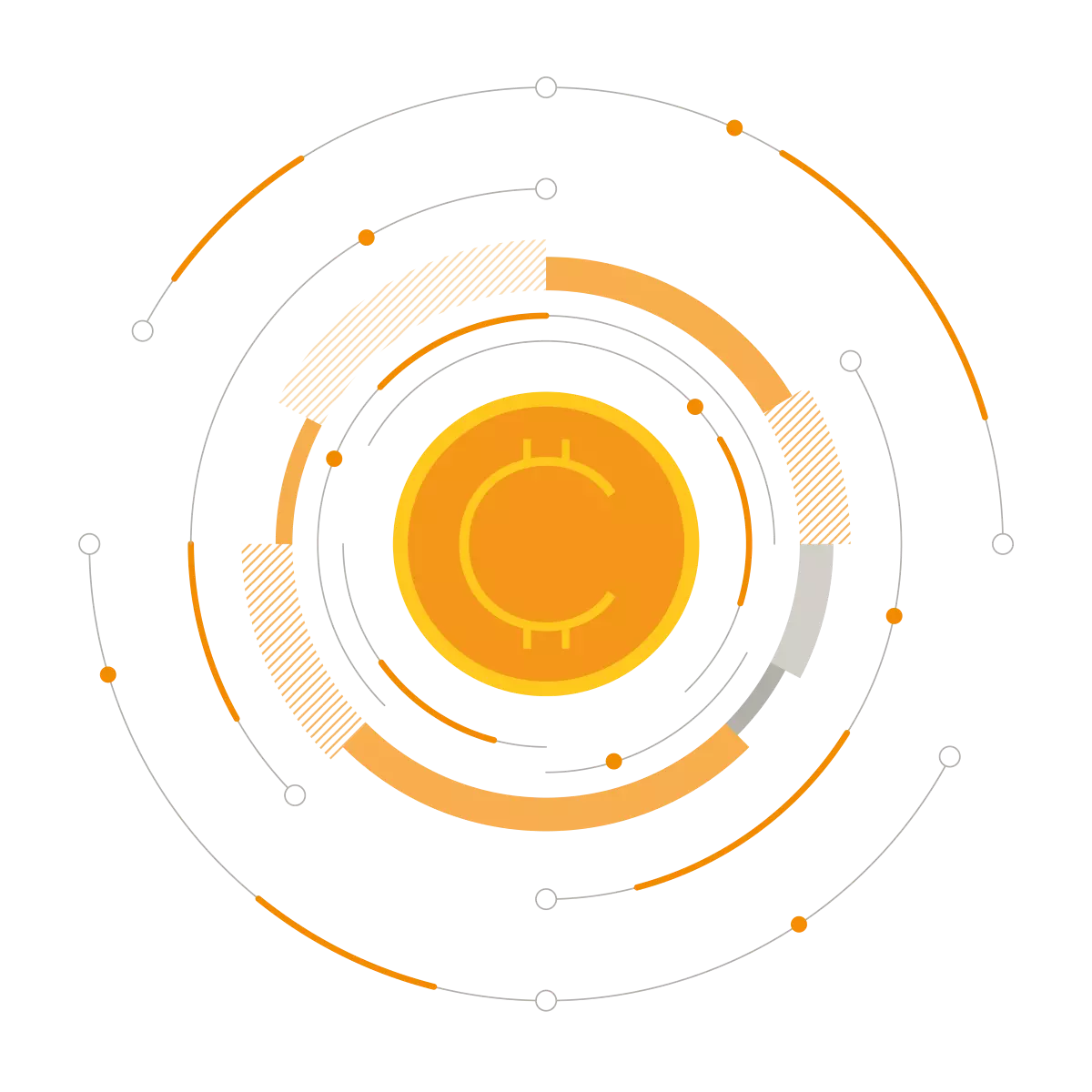
Stablecoin
A cryptocurrency pegged to a stable asset, such as a fiat currency.
Token
A record of ownership on a blockchain of a fungible or non-fungible asset.
Utility token
A usually fungible, but sometimes non-fungible, token that provides access to an organization’s services and is also known as a governance token when granting voting rights within a decentralized autonomous organization (DAO).
Web 3.0
A yet to be defined concept of a decentralized internet following on from the user-generated dynamic content that characterizes Web 2.0 relative to the passive content of Web 1.0.










